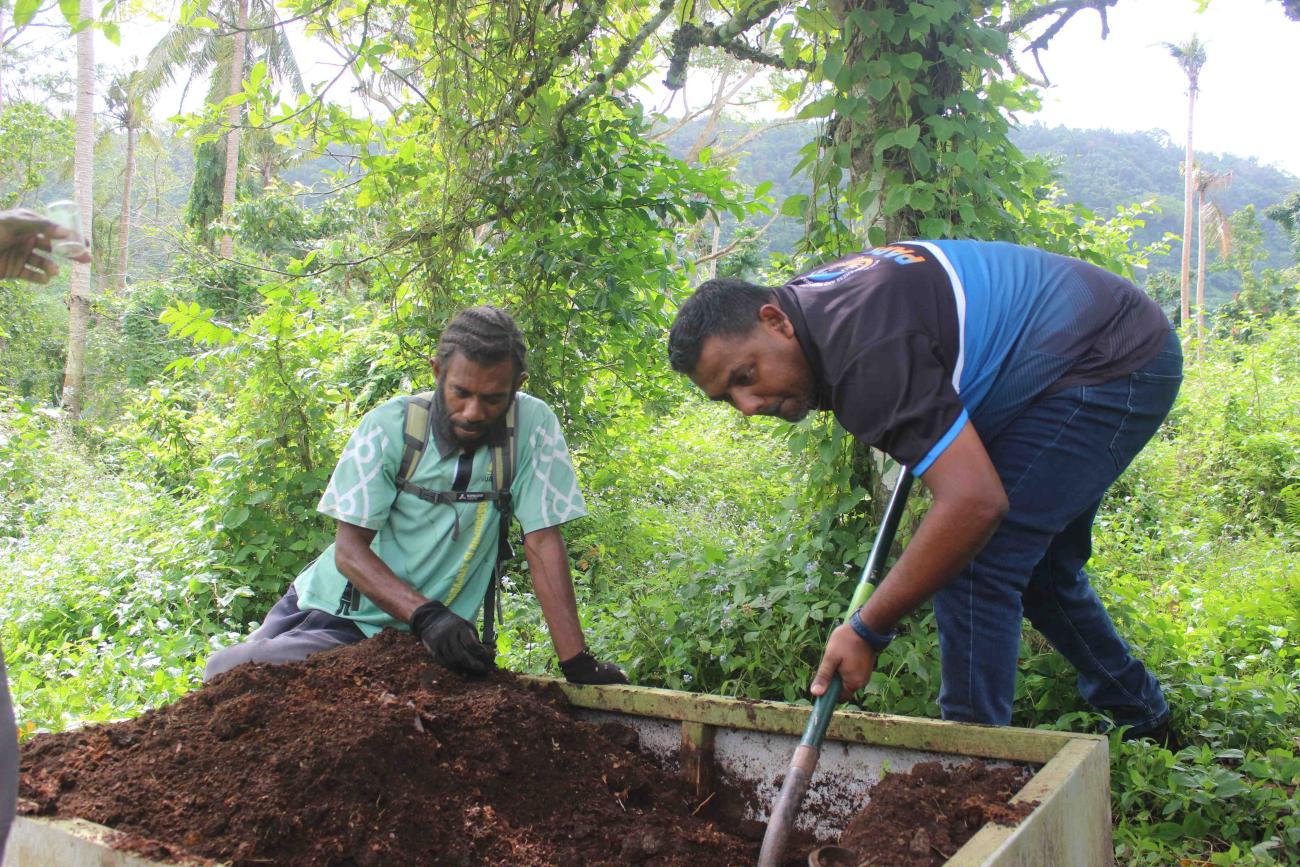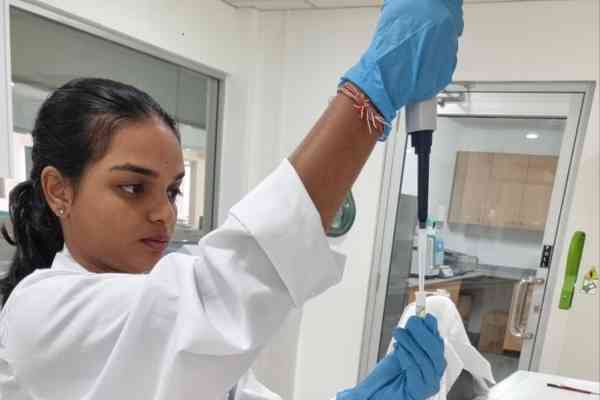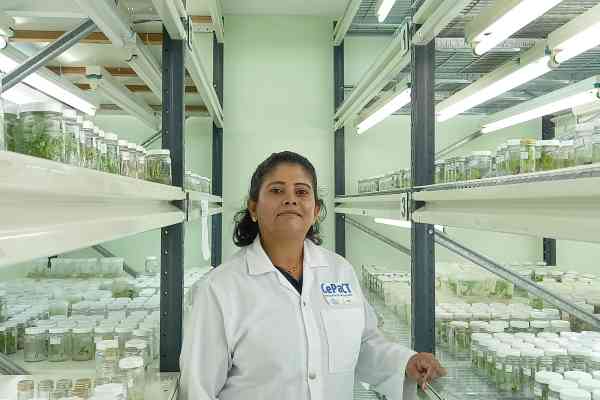(contenu disponible en anglais uniquement)
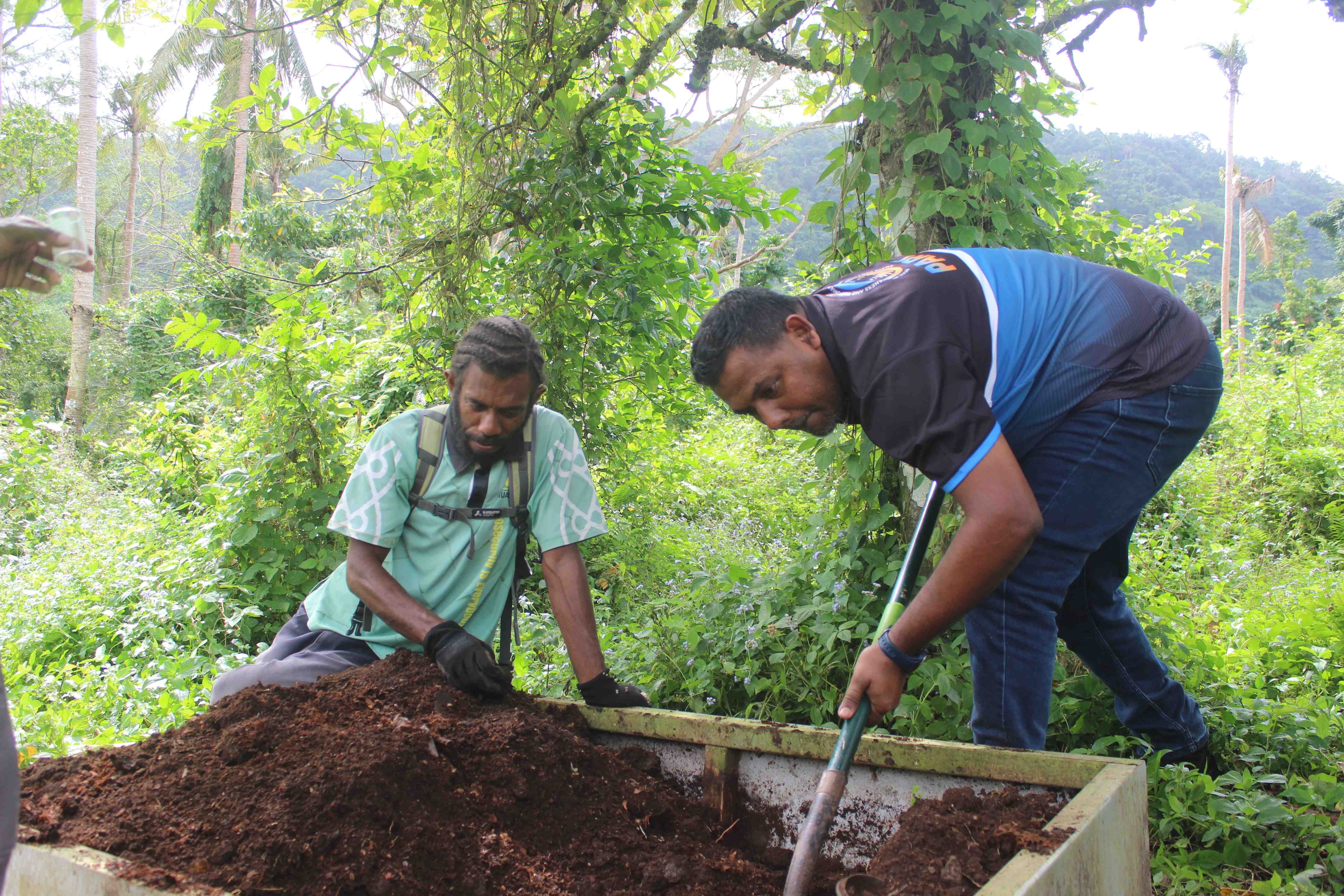
1- Could you briefly describe your academic or professional background and how it has led you to pursue research within SPC?
Graduated with a Diploma in Tropical Agriculture (DTA) in 1999 from the University of the South Pacific (USP). 10 years later, I completed a New Zealand Diploma in Horticulture from MIT. I started work as a Farm Supervisor at Western Hatcheries (Future Farms Ltd Rooster Poultry) in 2000 before joining the Ministry of Agriculture as Fieldman III at the Plant Protection Section at Koronivia Research Station in 2001. I was promoted to Senior Technical Assistant and then to Senior Research Officer – Plant Pathology in 2004, before joining SPC as a Technician for TaroPEST from 2005 to 2007 and later a Technician Extension for a year in 2008. Upon completing further studies, I joined the New Zealand High Commission as Head Gardener/Landscaper for three years and taught at Rama Krishna Mission in Nadi for a year before joining Grand Pacific Hotel as Chief Gardener until 2020. Since then, I have been with the Pacific Community (SPC) as a Field Coordinator for the Pacific Awareness and Response to Coconut Rhinoceros Beetle (PARC) Project. Hence, since graduation, I have been with the Agriculture and Horticulture (Hydroponics and Landscaping) for approximately 25 years.
2- Can you tell me about your research project? What inspired you to pursue it, and what are your main objectives or goals?
The current PARC project required a coordinator, but due to the COVID-19 pandemic, we were isolated in the Plant Health Laboratory, which is a PC3 Lab for the Pacific Region. That gave us time to research entomopathogen mass production against the control of Coconut Rhinoceros Beetle. The main objective was to isolate the Metarhizium species fungus known to control the Coconut Rhinoceros Beetle, mass produces and design mode of application in the field.
3- What specific challenges or obstacles have you faced during your research, and how have you overcome them?
The biggest challenge was the unavailability of appropriate equipment and consumables for research during the COVID-19 pandemic. As well as sourcing of any, if available, due to restricted flights and the spike in freight costs.
4- In what ways has your research enhanced your personal and professional development?
Personally, I had to do what I thought I would not be doing anymore in the future, which is back to the lab, where a lot of scarifies are entailed despite learning advanced technologies and operating with super gadgets. My experience has successfully fulfilled the objectives of my research.
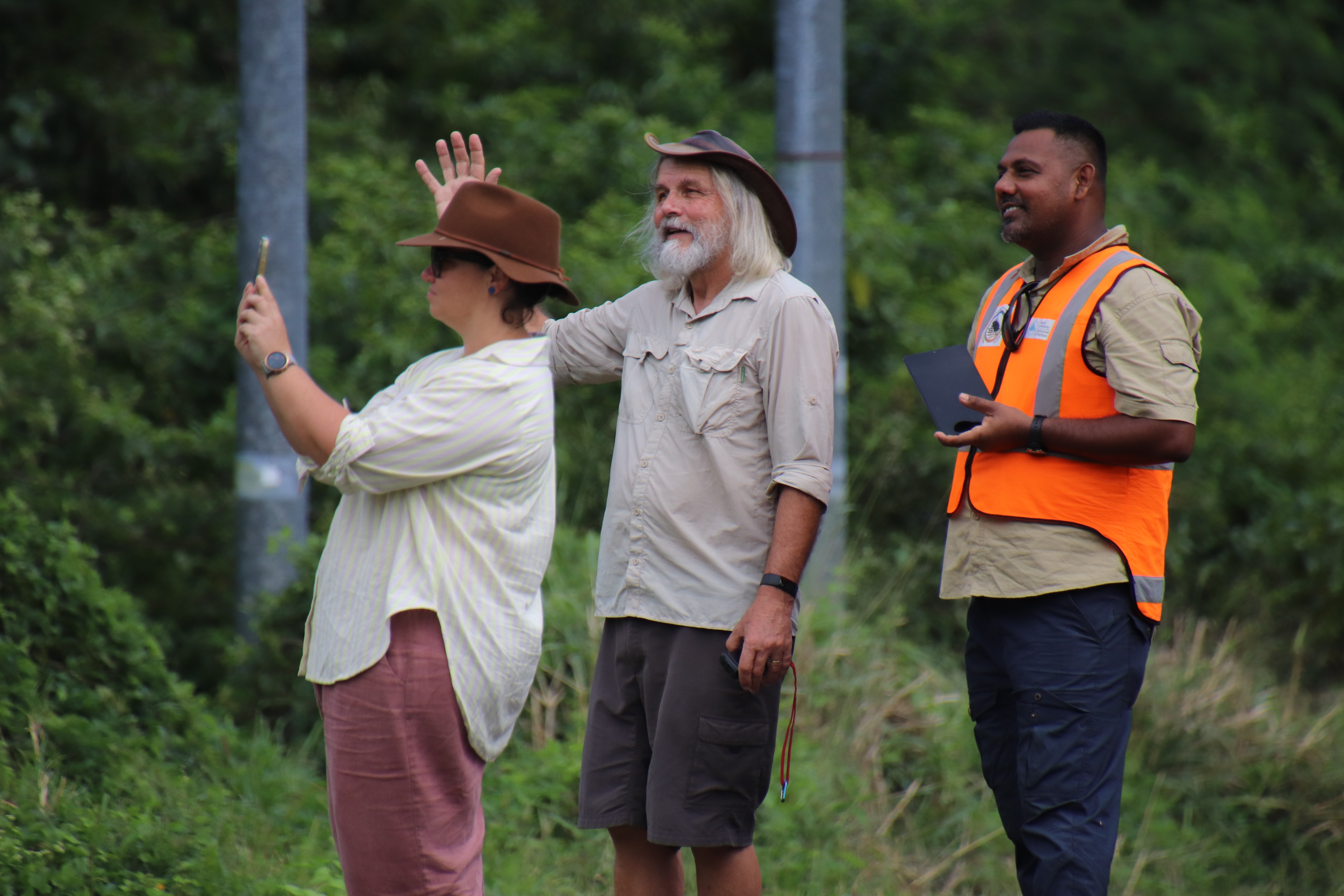
5- Are there any specific skills or knowledge areas that you have gained or improved upon?
Yes, a lot has changed in terms of procedures, protocols, equipment, and consumables we currently use in the lab. That has convalesced my skills in proficiently accomplishing any set of new etiquettes.
6- Could you shed some light on the organisations or institutions that have supported your journey?
My journey wouldn’t have been complete without the superiors who guided me both at the Ministry of Agriculture and at the Pacific Community (SPC), as well as ACIAR, UQ, DFAT and currently MFAT, which is supporting the PARC activities in the region.
7- Lastly, is there any advice you would give to young aspiring researchers in your area?
Agriculture is a diverse field. Every human being, directly or indirectly in the world, needs to put food on the table. As a Plant Protection Technician, my work focuses specifically on the area of Plant Pathology. However, the area of Plant Pathology has many disciplines, such as Bacteriology, Mycology, Virology and Nematology, as well as A-Biotic factors, and there is an insufficient number of researchers in these areas in the region. For aspiring researchers in Plant Pathology, my advice is to do your BEST; NOTHING is IMPOSSIBLE.
